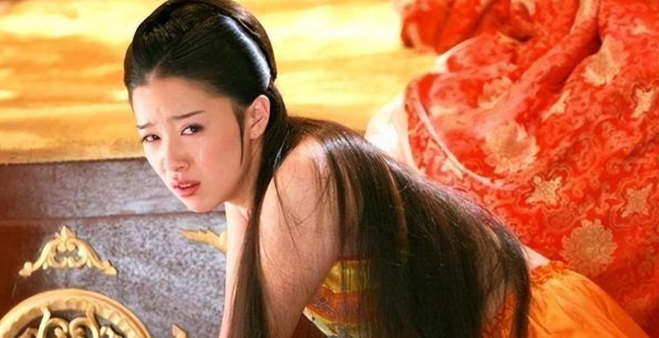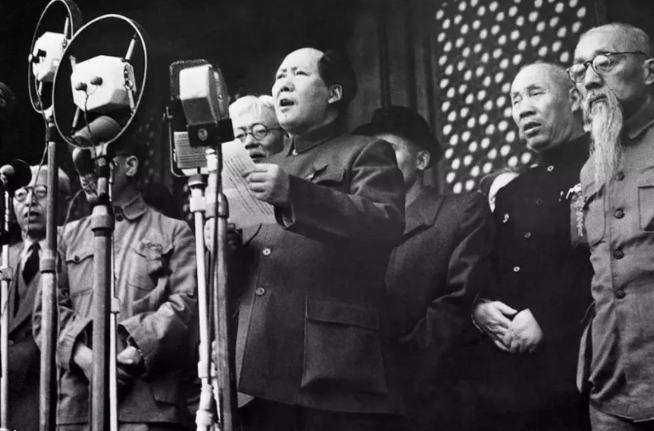The title of imperial son-in-law, or fuma, in ancient China carried immense prestige, marking one as the emperor’s son-in-law. Yet, a peculiar custom existed: before marrying a princess, the groom-to-be was required to spend a night with a palace maid. This was no myth—both the Ming and Qing Dynasties formalized this practice with detailed procedures. Why did this tradition exist, and why did palace maids comply?
The Origins of a Bizarre Custom
This tradition stemmed from the imperial court’s meticulous approach to marrying off princesses. In ancient China, marriages, especially royal ones, were less about love and more about political alliances, ensuring court stability, family honor, and the continuation of the royal bloodline. For ordinary families, marriages required social compatibility; for the imperial family, the stakes were even higher. A fuma with health issues, such as infertility or hereditary diseases, could jeopardize the dynasty’s lineage and prestige.
This practice wasn’t exclusive to the Ming and Qing Dynasties. As early as the Qin Dynasty, when China was newly unified and population growth was a priority, prospective fuma were vetted not only for their family background but also for their physical fitness. By the Tang Dynasty, the custom became more refined, with palace maids tasked to assess not just the groom’s health but also his character—how he treated subordinates or whether he had undesirable habits. These observations were documented and reported to the emperor or empress dowager.
In the Qing Dynasty, the practice was institutionalized under the term “trial marriage gege“. The Imperial Household Department would select a palace maid days in advance to spend a night at the fuma’s residence, verifying his fertility and checking for hidden ailments. The reasoning was clear: if a princess discovered her husband’s incapacity post-marriage, it would not only ruin her life but also disgrace the imperial family. Historical records, like the Qing Dynasty’s Daily Chronicles, recount an incident where a fuma died suddenly on his wedding night due to an undetected illness—a tragedy that might have been prevented with a trial marriage.

How Did the Trial Marriage Work?
The process was far from casual; it resembled a rigorous quality inspection. The selection of palace maids was meticulous. Typically, these were low-ranking maids from poor families, working in menial roles within the palace, such as in the Inner Service Bureau or Clothing Bureau. They had to be at least 17 years old, physically healthy, of good appearance, and virgins, with their backgrounds thoroughly vetted. Low-ranking maids were chosen for their obedience and discretion, ensuring secrecy.
Once selected, a eunuch would escort the maid, dressed in clean clothes, to a designated trial marriage residence, a secluded location away from the inner palace. That night, her task was to observe the fuma’s physical condition—checking for physiological defects or sudden illnesses. By dawn, she would return to the palace and report every detail to a supervising eunuch, covering the fuma’s behavior, reactions, and even his virility. These reports were sealed and presented to the emperor and empress. If all was satisfactory, the wedding proceeded. If issues arose—such as the fuma showing no response over multiple nights—the marriage was likely canceled, and his family might face penalties.
In the Ming Dynasty, the process was even stricter, evaluating the fuma’s demeanor toward the maid to detect any behavioral flaws. In some Qing cases, the trial spanned three nights with different maids to ensure accuracy, as a single maid’s health could skew results. Post-trial, the maid underwent a medical examination to check for illness or pregnancy. If pregnant, she was discreetly sent outside the palace to raise the child without claiming kinship. Even without pregnancy, maids signed a “confidentiality agreement”, facing severe consequences for leaking details.
Why Did Palace Maids Agree?
Calling it “agreement” is misleading—maids had little choice in the rigidly hierarchical palace. Refusal wasn’t an option; disobedience could lead to suspension or expulsion, affecting their families. However, there were minor incentives. If the fuma took a liking to the maid, she might become a concubine, elevating her status from a lowly servant to a partial mistress. The palace also offered small rewards like money or cloth. Yet, these benefits came with significant risks.
In ancient China, a woman’s chastity was paramount. After a trial marriage, a maid was considered “impure,” and if word spread, her reputation could be ruined. Even as a concubine, her status paled compared to the princess, and her life depended on the fuma’s favor. If not chosen as a concubine, she returned to menial palace duties, stigmatized and shunned, sometimes even by her own family. Maids were essentially tools in this process, their names logged in a trial marriage registry with no regard for their dignity or feelings.

A Feudal Relic?
The trial marriage custom reflects the harsh realities of feudal society. It reduced women—princesses and maids alike—to tools for perpetuating the royal lineage. Princesses had no say in their marriages, which served political ends. Maids were used as “test strips” to verify the fuma’s suitability, their personal dignity ignored. Fuma were subjected to invasive scrutiny, needing to prove their pedigree, character, and fertility to secure their role.
The practice persisted from the Qin Dynasty to the Qing because it served the imperial family’s core needs: safeguarding political stability and royal lineage. A reliable fuma strengthened ties with nobles and ensured legitimate heirs, while the trial marriage acted as a safeguard against post-marital scandals that could destabilize the court.
When the Qing Dynasty fell, this custom faded. Looking back, it serves as a mirror to the brutal truths of feudalism: under the weight of imperial power and Confucian norms, whether noble or servant, individuals were often sacrifices to the system, their happiness and dignity dismissed. Thankfully, such practices are long gone, leaving us to reflect on their absurdity and the progress we’ve made.



